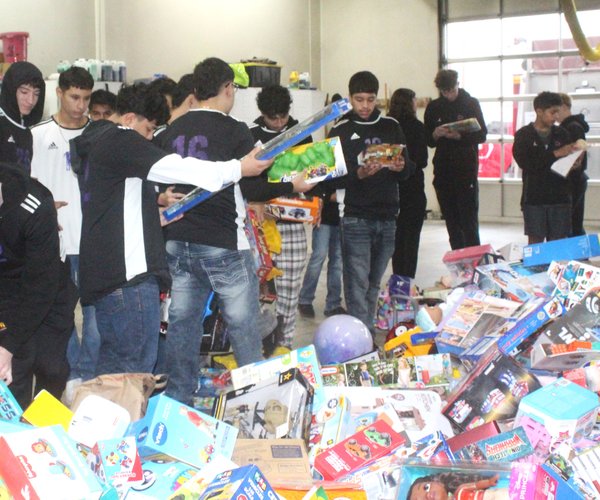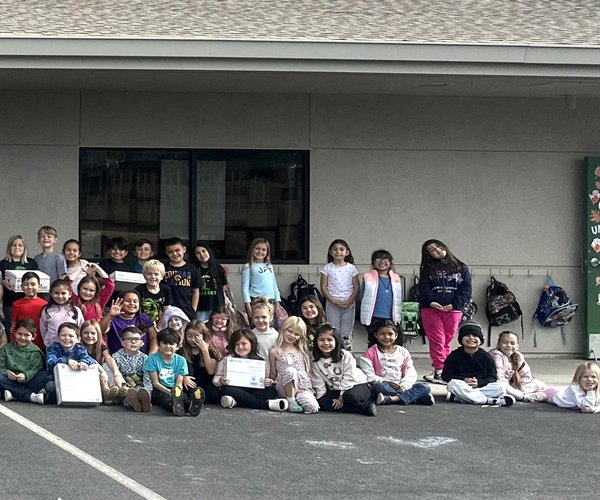It isn’t just about missing out on the fair food and entertainment. FFA and 4-H kids lose the chance to make a profit on the animal projects they have worked on for the better part of a year – and thousands of dollars that would be pumped into the local economy is just gone.
Those were the main facts covered in a Zoom meeting late Thursday afternoon, July 23 by Congressman Josh Harder in cooperation with fair officials from around the state, including the Stanislaus County Fair.
“It is one of the real treasures of the Valley,” Harder said of the Stanislaus County Fair – which would have been hosted earlier this month at the fairgrounds in Turlock had it not been canceled due to the COVID-19 pandemic.
The congressman also noted that county fairs are “an economic engine” for the state as a whole, creating some 30,000 jobs and having a $3.5 billion impact.
“We really planned not to cancel but with the COVID, it didn’t get any better for us, we were trying to hold out until the end,” said Stanislaus County Fair Board member Bill Mattos. “We are trying to stay afloat … we will be laying off our staff except for about three people because we have to.”
Harder added that many people, including himself, can point to childhood memories of attending the fair.
“For years my mom’s chocolate chip cookie recipe won blue ribbons,” he told those assembled in small squares on the Zoom platform.
He also has a blue ribbon from the fair, for a photograph of a ‘rustic pumpkin’ that he entered when he was 12-years-old.
Western Fairs Association President and CEO Sarah Cummings put the situation into stark perspective.
“We are absolutely devastated by COVID-19,” she said.
Louie Brown of the California Fairs Alliance said this year, for the first time in the Alliance history “we almost had to shut our doors … revenue is zero.”
Of 78 fairgrounds across California, 70 of them have canceled their fairs this year, he added, from the largest to the smallest. Also of concern, fairgrounds are often used during fire season. Brown said that “the state depends on fairgrounds as evacuation centers” and if fairgrounds can’t open, those centers will not be available.
“We are looking outside the box, how we can support our community,” added Stanislaus County Fair Chief Operating Officer Matt Cranford. “It’s definitely a tough environment.”
For the Stanislaus County Fair, entries and revenue in the virtual ag auction were down roughly 60 percent, officials said, though they were pleased that it did go off and all exhibitors did receive some funds.
Oakdale High School alum Madison Morgan, a 2016 graduate and a livestock youth exhibitor, said she participated in 4-H and FFA for 12 years and both enjoyed and benefitted from her county fair experience.
“I have worked at the county fair the last three years,” she explained. “I enjoy giving back to an organization that gave so much to me.”
Morgan said she was an active exhibitor, everything from sheep to goats, pigs to arts and crafts, even some cooking and photography entries. She also got a scholarship to judge livestock at college in Oregon, due in part to her fair livestock project experience.
Former Stanislaus Fair Board Finance Chair Angelica Anguiano pointed to the new ‘Protecting Fairs’ legislation offered by Congressman Harder designed to support county fairs as crucial to operations, large and small.
“Without this bill going forward, our fair will likely not survive,” she said. “Our biggest issue right now is paying our most basic employees and keeping the lights on … we do not want to lose the fair.”





